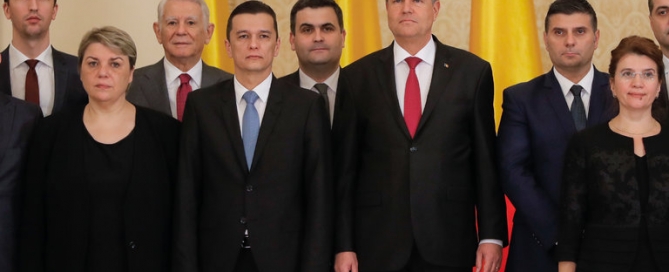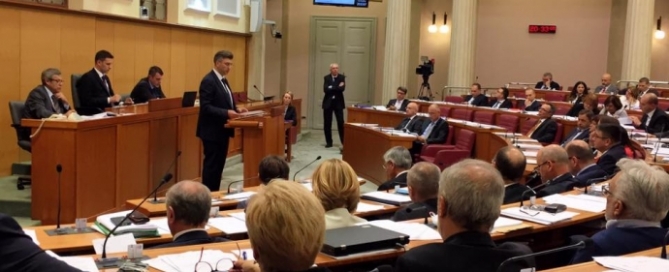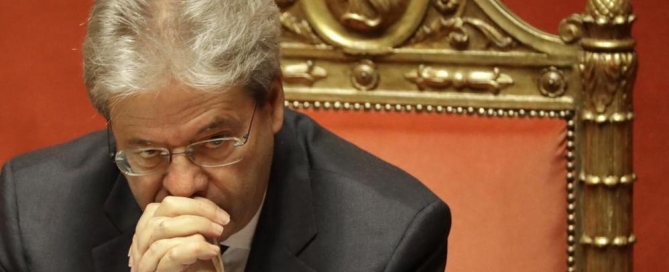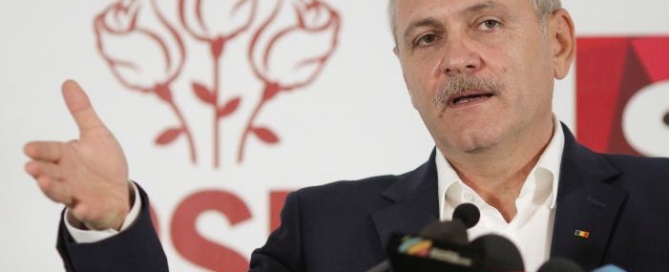The 2017 Bulgarian elections: A Dead-end street?
By Emilia Zankina (American University in Bulgaria) Sunday (March 26th) parliamentary elections in Bulgaria mark the third early elections in the country in four years. Three elections and six governments (three of which care-taker) later, Boyko Borissov and his GERB party (Citizens for European Development of Bulgaria, with the symbolic acronym meaning “coat of arms”) [...]











